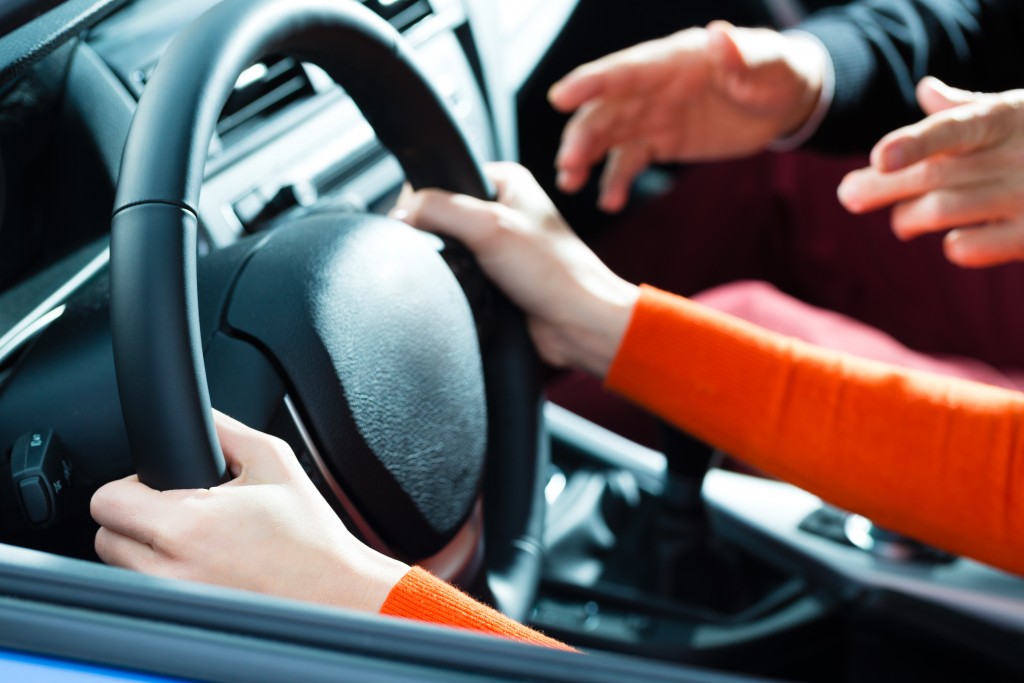Driving is an essential skill a person can have. But for some people, the thought of getting behind the wheel causes fear and anxiety. Driving on highways, for example, can be nerve-wracking, especially when there are a lot of vehicles on the road.
This feeling can be overwhelming, making people refuse to learn how to drive. Certain traumas can cause driving anxiety to someone. Overcoming this fear can help a driver be more confident while on the road.
Understanding Driving Anxiety
The American Psychiatric Association (APA) does not classify driving-related anxiety as a specific mental health disorder, so there are no specific signs and symptoms. But this type of anxiety can affect one’s thoughts, behaviors, and feelings in different ways.
Severe driving anxiety can lead to fear of driving. Experts characterize this phobia by significant distress at the prospect of driving and efforts to avoid driving. Some people develop such fear while being a passenger in a car, while others are afraid of driving in certain situations, including driving through a tunnel, changing lanes, or at high speeds.
Fear of driving makes people refuse to learn to drive or stop driving at all. Some factors that cause this fear include
- Car accidents in the past
- Traveling through heavy traffic
- Being lost
- Knowing someone who experienced an accident
- Lack of trust in driving skills
Symptoms of driving anxiety are similar to general anxiety. A person can experience or feel any of the following
- Strong desire to get away from the car
- Excessive, persistent, and unreasonable panic and fear
- Disorientation
- Sweaty palms
- Confusion
- Dizziness
- Shortness of breath
- Rapid breathing
- Racing heartbeat
If you’re experiencing driving anxiety but still want to learn to drive, there are ways that can help build your confidence when driving.
Overcoming Your Driving Anxiety

Learning to drive has become more convenient. In Florida, there is the available learner’s permit exam online for those getting their driving license for the first time. Regardless of the convenience, some individuals hesitate to take the first step due to their fear of driving.
Addressing your fear of driving before learning to drive is vital. Driving anxiety can affect your ability to drive as it can make driving more stressful and difficult. You’ll likely be distracted while on the road and increase your risk of being in an accident.
Understanding the cause of your anxiety is one way to help you overcome your fear. Doing so will help you develop coping skills to minimize the symptoms. Try retracing your driving experiences and evaluate how your fear started. Setting a goal makes the process more efficient.
There are also breathing exercises you can do to help feel calm. Deep breathing, for example, is one of the simplest and most effective exercises for relieving anxiety. You can do this anywhere while standing, sitting, or lying down.
It’s normal to feel scared when driving, especially for beginners. But don’t let your fear stop you from learning to drive. This is a lifelong skill that can make your life easier.
Knowing how to drive gives you an amazing sense of freedom. You can drive to wherever you want without having to rely on someone. It allows you to travel long distances and discover different places without taking public transport.
Apart from the freedom, being a driver teaches you to be more responsible. You’ll learn to follow the rules of the road and respect other drivers as well as pedestrians.
Your driving skills can also be helpful in building your career. There are plenty of opportunities that require driving skills. You might find yourself working far from home. Having car access makes the commute more convenient, especially if you have to work in late hours.
It is ideal to learn how to drive while you’re young. You’re less likely exposed to bad habits by other drivers that can cause anxiety and fear. Younger learners are also often enthusiastic about driving for the first time.
Anxiety and driving are not an ideal combination. It puts your life and other people on the road at risk. But feeling scared is normal, particularly if you have driving-related trauma. Seek support and help from other people to help you overcome this fear so you can be a confident and excellent driver.



